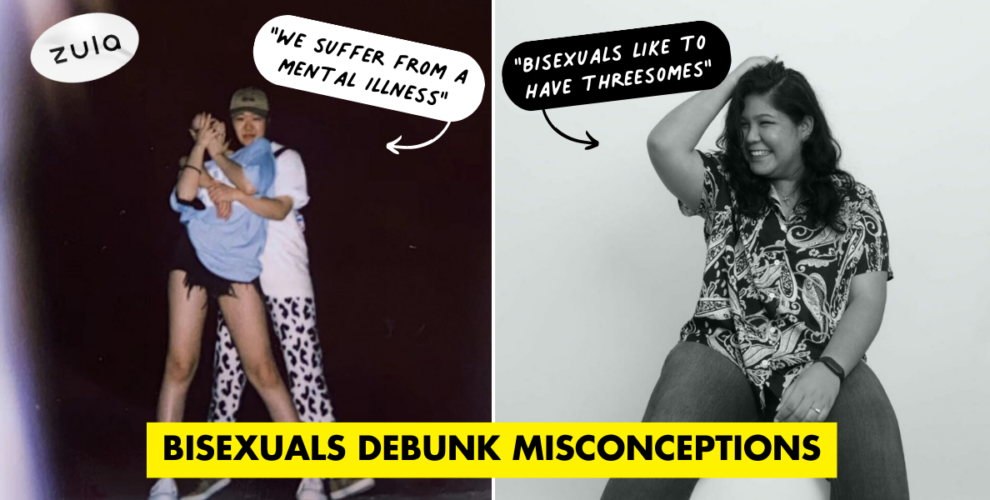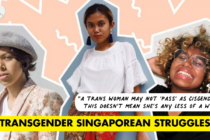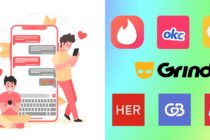Misconceptions About Bisexuals
Though we are approaching the end of Pride Month, that doesn’t mean we should stop celebrating love of all kinds. Whether we’re attending Pink Dot or showing our support for the LGBTQ+ community as an ally, it is important that we get our facts…straight.
While gays and lesbians seem to be at the forefront of discussion topics, we should also not forget the “B” in LGBTQ. Here are 7 misconceptions about bisexuals, as shared by the people themselves.
Some names have been altered to protect the identities of our interviewees.
Contents
- Misconceptions About Bisexuals
- 1. “We want to increase our chances of getting partners”
- 2. “Bisexuals are indecisive”
- 3. “Bisexuals like to have threesomes.”
- 4. “Our sexuality implies the existence of no more than two genders”
- 5. “We aren’t a “true” bisexual unless we’ve been with both a man and a woman”
- 6. “There must be a percentage of how much you like a gender”
- 7. “Bisexuals normally suffer from mental illnesses”
- Take Time To Educate Yourself To Avoid These Misconceptions About Bisexuals
1. “We want to increase our chances of getting partners”
“I’ve always known that I was attracted to both men and women but fully acknowledged it when I was 14. When I was younger, I always thought that being bisexual was just an equal liking of both genders, but as I grew older, I realised bisexuality is fluid.
Some misconceptions I’ve heard would be that we want to increase our chances of getting partners, that we’re confused and that we’re seeking attention by trying to be different from everyone else.
All of those are not true — I’m happy being single, so there’s no need for the increased chances, I’m not confused about my sexuality, and I hate attention. I’d say these misconceptions come from preconceived notions that they’ve gotten from other people, shows or books, or just their disbelief that people can be attracted to more than one gender.
Everyone is different, and we’re not all cut from the same cookie-cutter mould. So many of us still have our own paths to create on our road to acceptance, so forcing us to follow a particular course that you perceive is the only right way to be a bisexual won’t help us.”
— Ngiok Shuan, 19
2. “Bisexuals are indecisive”
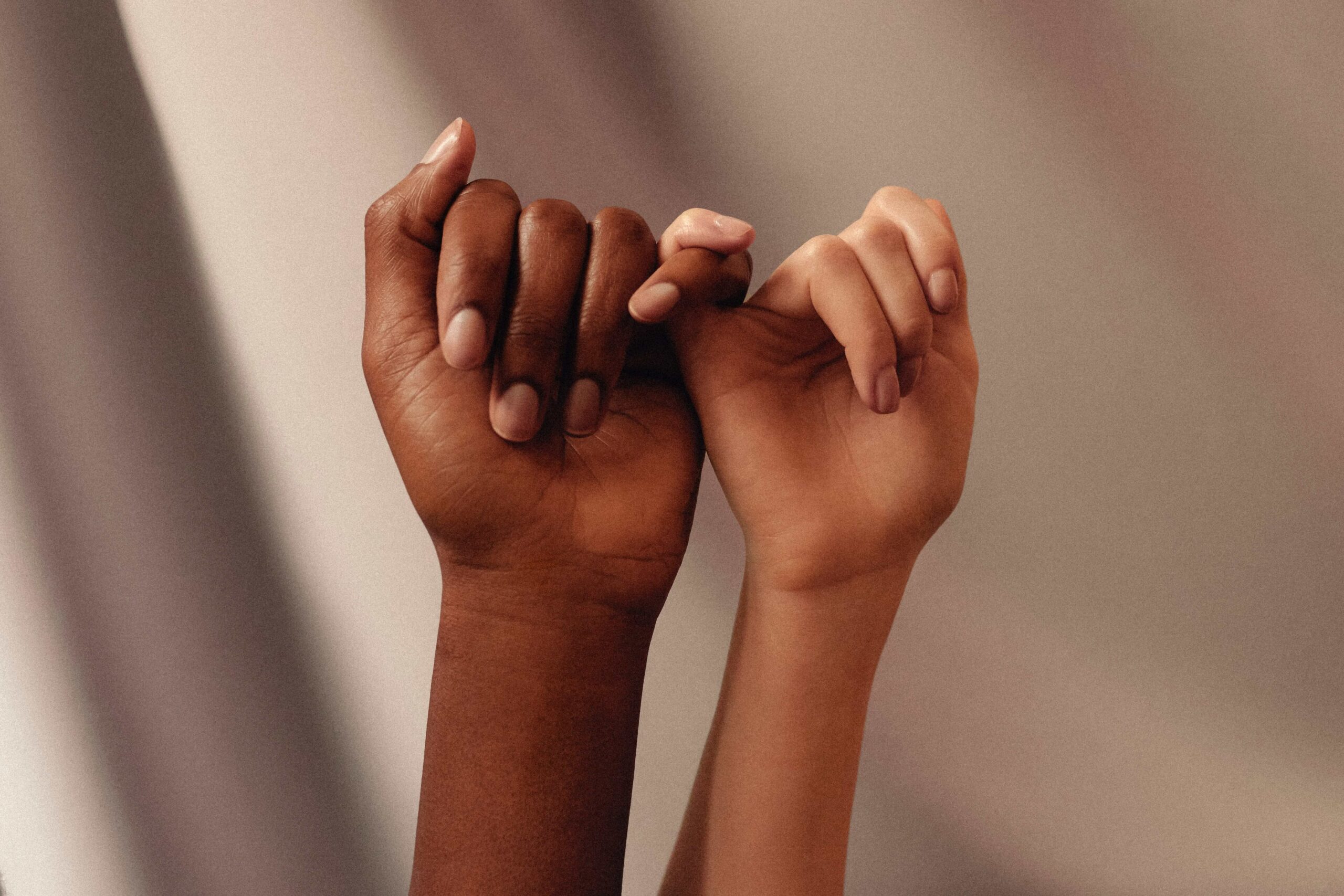 Image for illustrative purposes only
Image for illustrative purposes only
Source
“Over the years, I’ve heard multiple misconceptions like bisexuals are typically indecisive. I’ve also heard that some lesbians think that bisexual girls are always harder to date as they will eventually leave them for a guy.
Firstly, bisexuals aren’t always indecisive — we are just able to develop feelings for both men and women. This isn’t a phase. We are pretty sure of how we feel.
Secondly, while there are instances where bisexuals do leave their partners for the opposite sex, I’d like to believe there are very successful same-sex relationships with bisexuals. Though, in Singapore, being in a heterosexual relationship is more convenient if you want to start a family or get married.”
— Mars, 28
3. “Bisexuals like to have threesomes.”
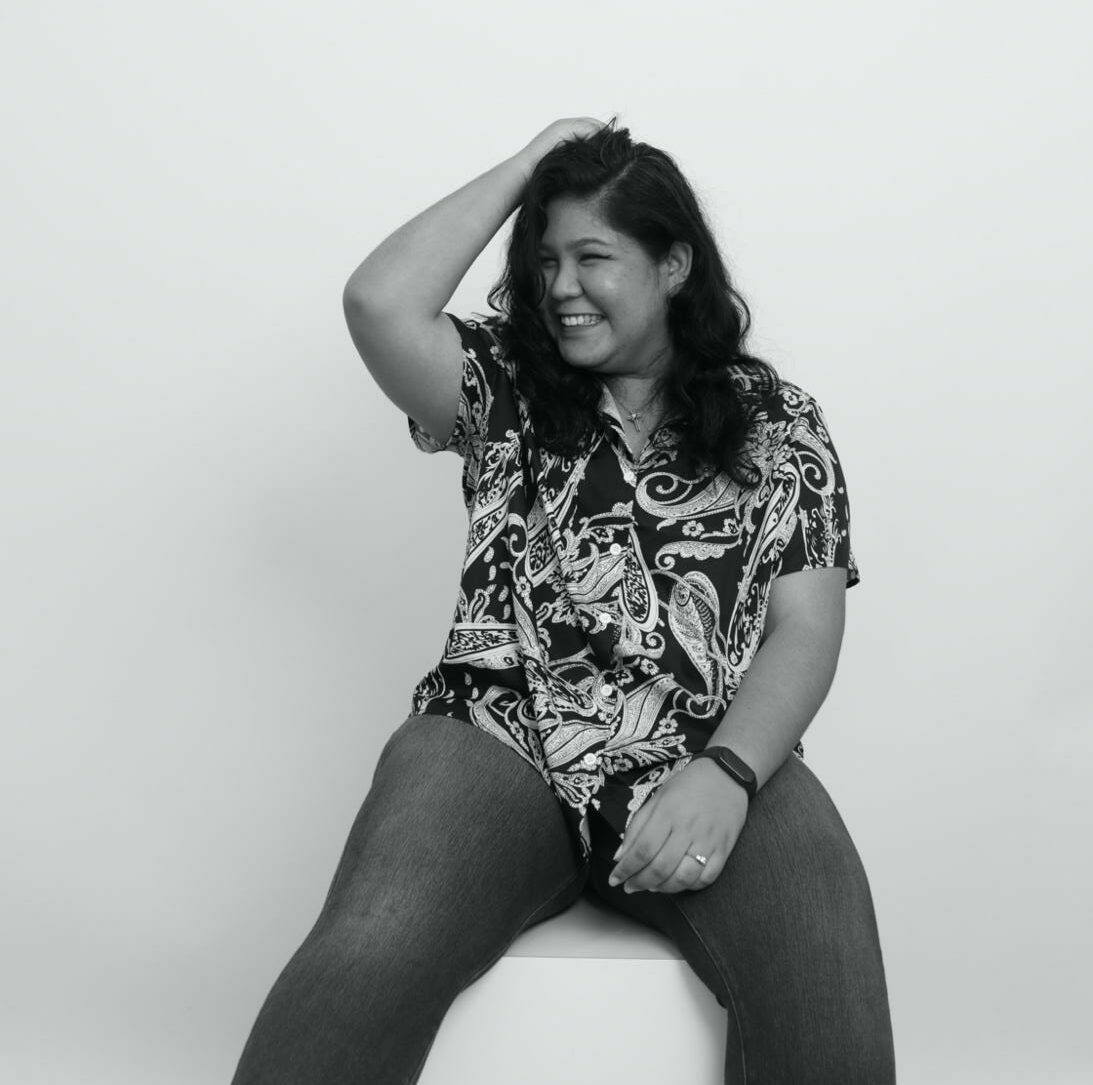 Image courtesy of Isabel
Image courtesy of Isabel
“When I learned about bisexuality, I always assumed that I needed to date an equal amount of guys and girls to ‘qualify’ as one. Some of my friends even told me I’m more straight than bi because my dating history was mostly with men and not many women. But for me, I will always describe myself as bi, not because of my dating history but because I think that both men and women are beautiful in their own way.
Being a bisexual makes me feel secure in my identity. Whenever I look back at my journey, I know that this is where I belong, and this is my truth.
There are people in and out of the LGBTQ+ community who think that bisexuals don’t belong in the community as we are on the middle ground between being ‘straight’ and ‘gay’. This leads us to feel oppression towards our identity regardless of who our partners are. We equally feel the anger and hurt every queer person feels whenever regulations are passed that prevent queer people from having basic human rights.
There are two main misconceptions I’ve heard about bisexuals — the first being that sexuality is usually a middle ground for people to experiment if they are straight or gay.
Being engaged to a man, I’ve received comments and questions asking if I am straight now. It is frustrating to have to entertain these questions. Bisexuality is not defined by who you end up with. It’s defined by who you are attracted to. Even if I am with a guy, that doesn’t mean I don’t admire or feel attracted to a woman and vice versa.
The second misconception is that bisexuals always like to have threesomes or are open to the idea of threesomes. While some bisexuals might be comfortable with the idea of it, I also know of bisexuals who are serial monogamists and would only commit to one partner at a time — pretty contradictory to what people think.”
— Isabel, 24
Also read:
A Guide To Different Sexual Orientations: Their Definitions & Famous Celebrity Examples
4. “Our sexuality implies the existence of no more than two genders”
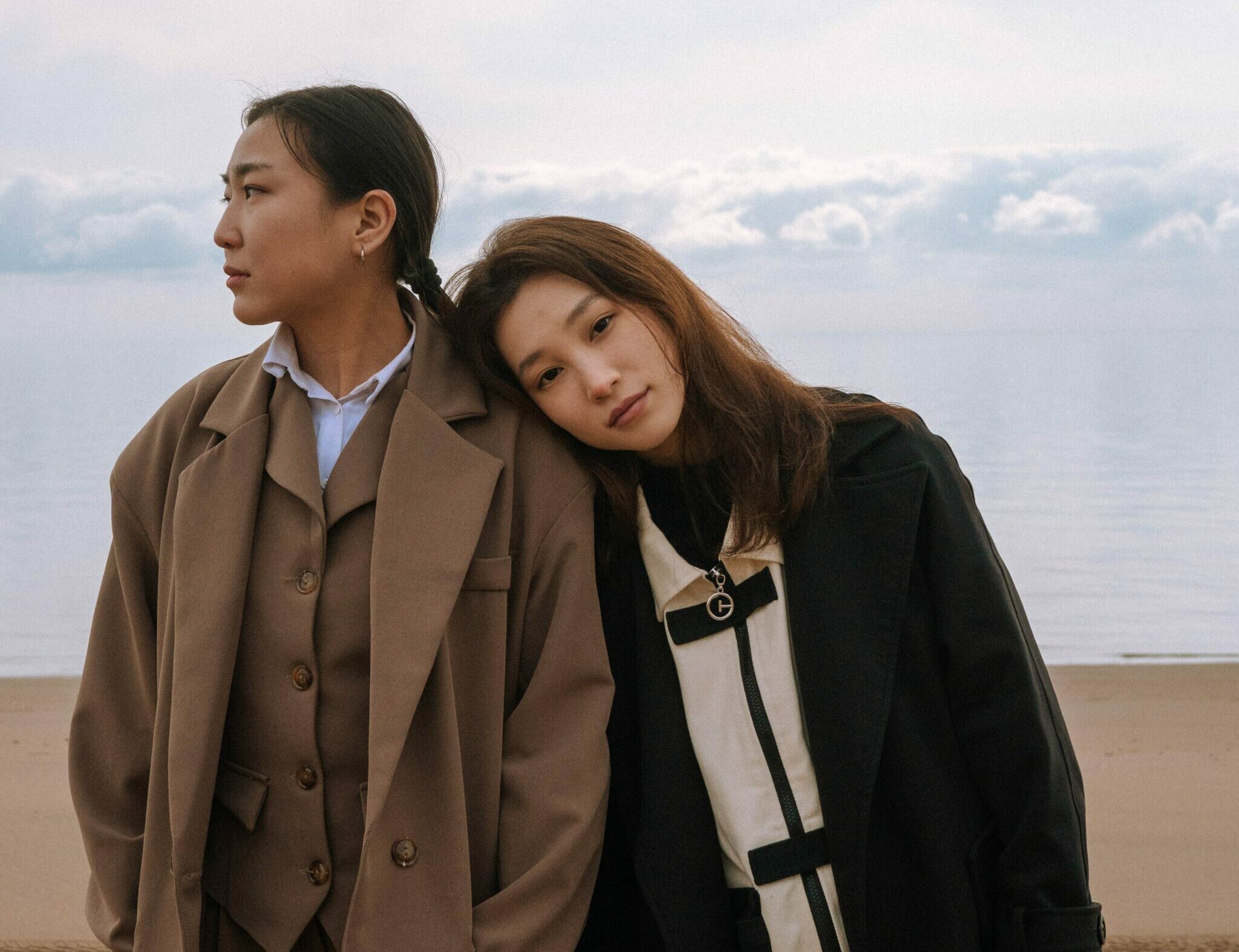 Image for illustrative purposes only
Image for illustrative purposes only
Source
“The LGBTQ+ community is a wonderfully supportive and inclusive place, and I’m glad to be part of it. It’s taught me to overthrow traditional gender roles and patriarchal expectations, speak up for myself and other marginalised groups, explore who I am, love whoever I want, and embrace my identity.
However, I’ve heard so many misconceptions about bisexuals. A poor understanding of the LGBTQ+ community results in assumptions that we are promiscuous, will eventually “pick a side”, and that our sexuality implies the existence of no more than two genders.
Many queer resources are available online. People can also speak with bi people to understand them better, but note that everybody’s experiences and perspectives vary. This is not a phase, and this isn’t a kink or anything sexual. It is an essential part of who we are. Straight people are confident in their sexuality, and so are we.”
— Amelia, 19
5. “We aren’t a “true” bisexual unless we’ve been with both a man and a woman”
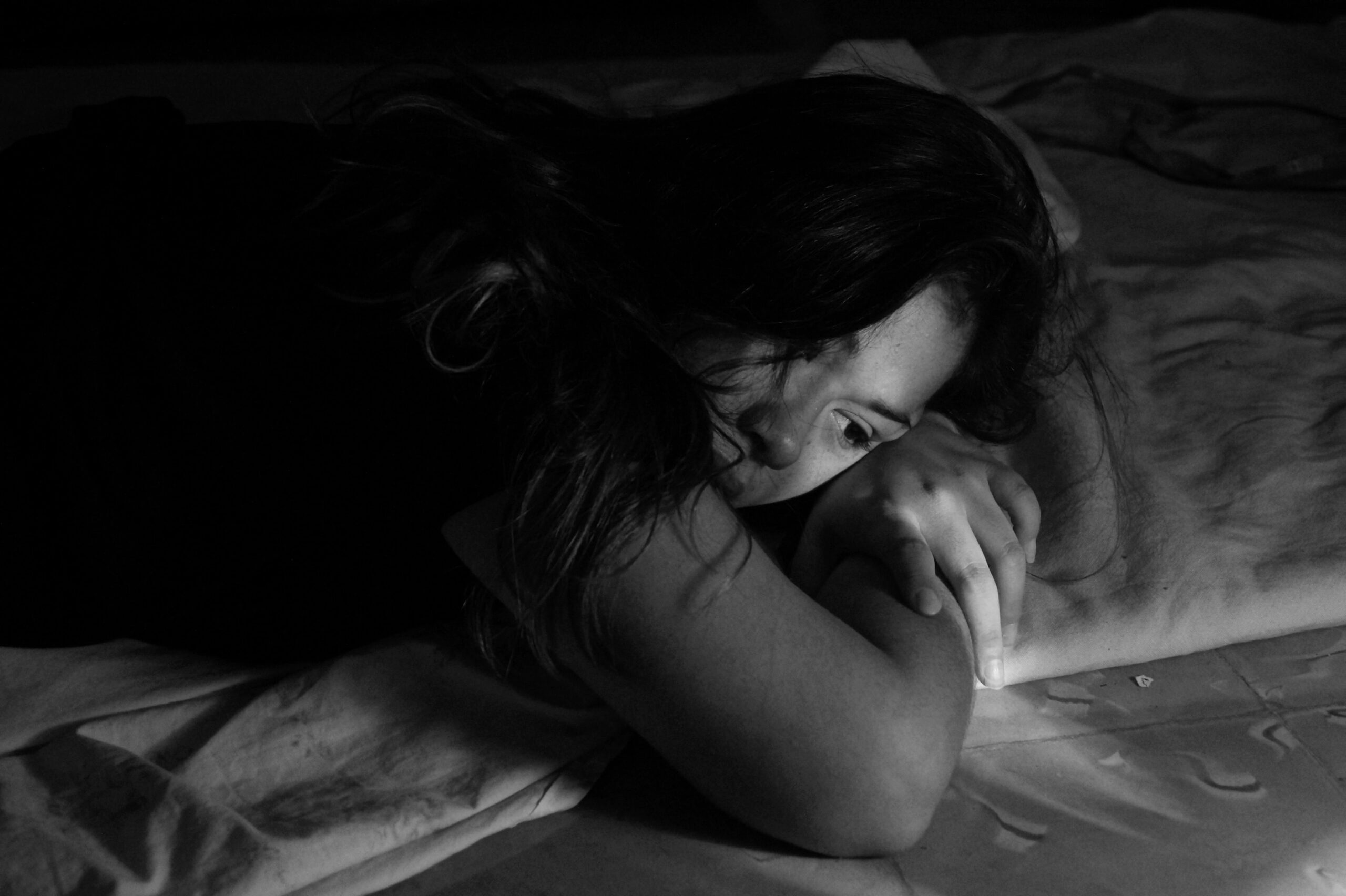 Image for illustrative purposes only
Image for illustrative purposes only
Source
“The idea of being a “true” bisexual or doing it for attention is hurtful to me. While I’ve been blessed with supportive and loving friends, my parents aren’t accepting, so I’m not out to my family.
I’ve struggled a lot with feelings of guilt because I’m in a situation where I can’t openly date a woman. I wouldn’t feel right doing that, knowing I don’t have a plan to come out in the near future — it’d feel like I’m leading them on. It’s made me wonder if I have the right to call myself a bisexual when I’m not living in a way that’s true to my identity.
To me, sexuality and gender labels are a way we choose to identify ourselves comfortably. When you make these labels conditional, you exclude everybody who doesn’t fit a specific ideal. Nobody is entitled to tell anybody else that their life isn’t “good enough” for something.”
— Lily, 19
6. “There must be a percentage of how much you like a gender”
“After I discovered I was bi, I always thought if I ever got into a relationship, there must be a feminine figure present. However, after my first relationship with a girl, I realised that we don’t have to put a label on our relationship.
I don’t really think that there must be a percentage of how much you like a certain gender. Just love who you want to love”
— Isabel, late teens
7. “Bisexuals normally suffer from mental illnesses”
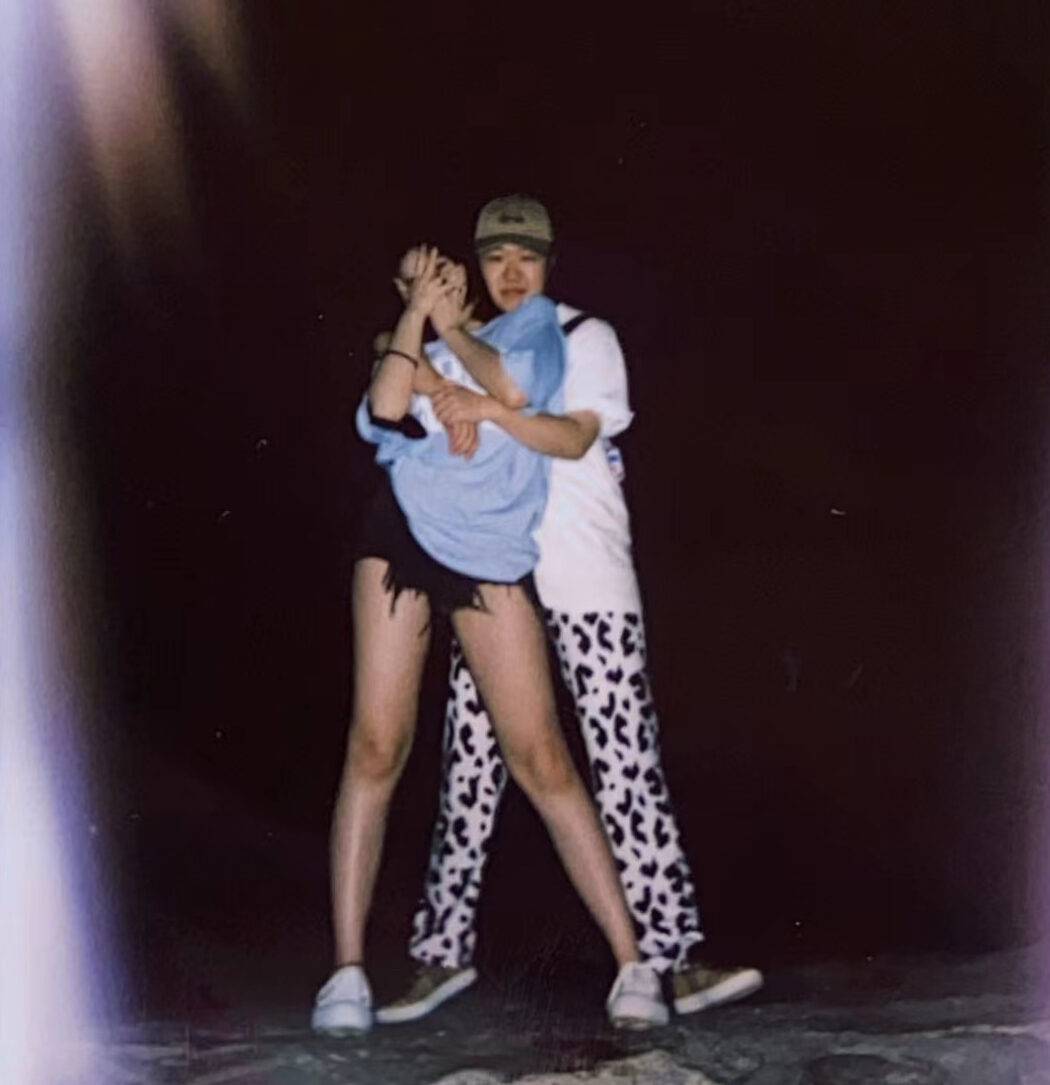 Image courtesy of Si Yu
Image courtesy of Si Yu
“Bisexuals are just like any ordinary person; we fall in love with people and are attracted to both genders. Love is love.
Educate yourself by reading about it and asking people who are comfortable to share. Everyone is different and unique in their own ways. For me, I am always open to sharing about all this. My friends get very curious when they find out that I am dating a girl, and I am glad to provide insights about my sexuality.”
— Si Yu, 19
Take Time To Educate Yourself To Avoid These Misconceptions About Bisexuals
In order for us to make progress in increasing visibility for the LGBTQ+ community, we need to ensure that such misconceptions are not easily spread around – whether we’re part of the community or not.
Besides speaking and sharing with friends, you can also look online for resources like The Trevor Project to further aid your journey of self-discovery and understanding about bisexuality.
Responses have been edited for brevity and clarity.
Cover images courtesy of interviewees.
Also read:

